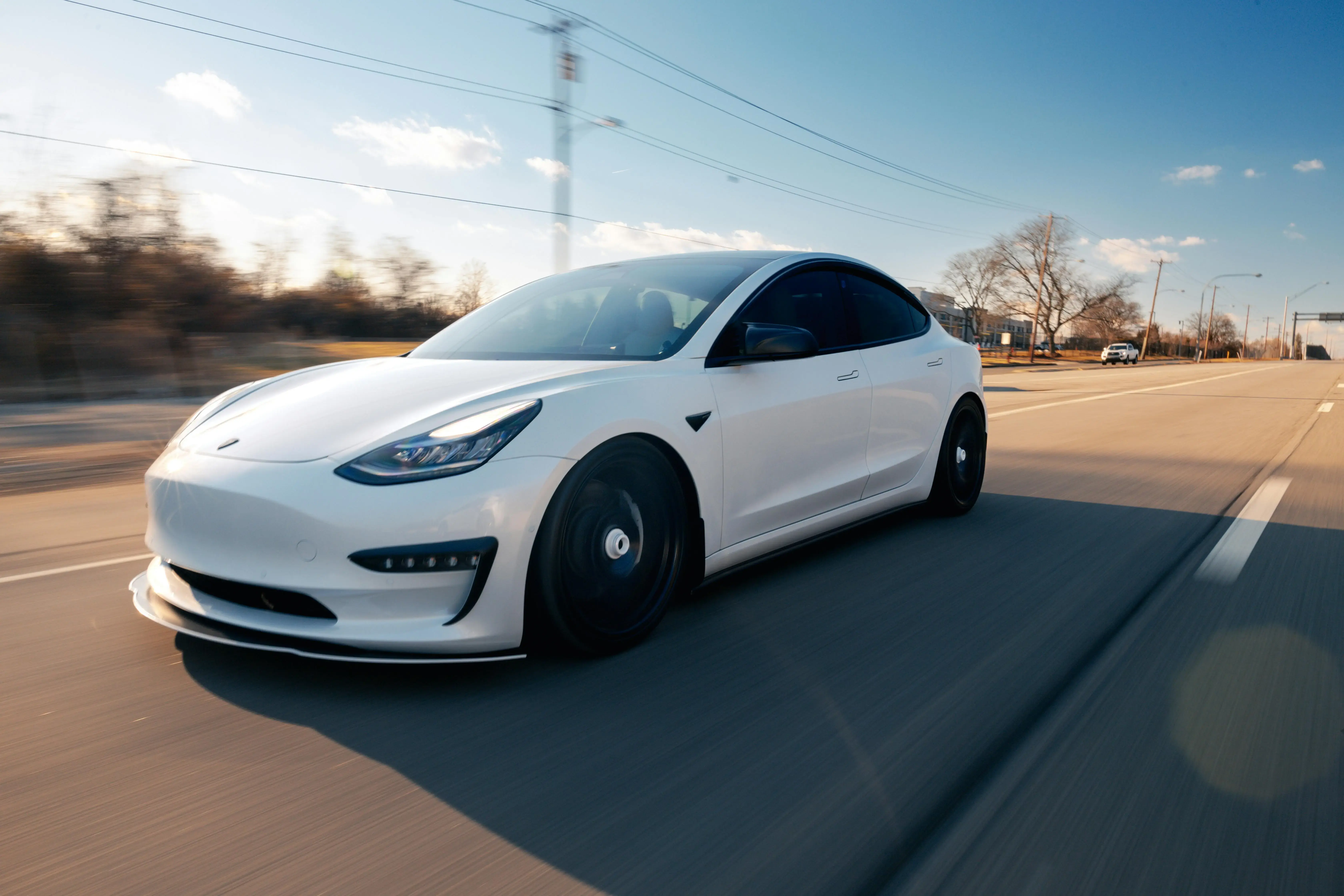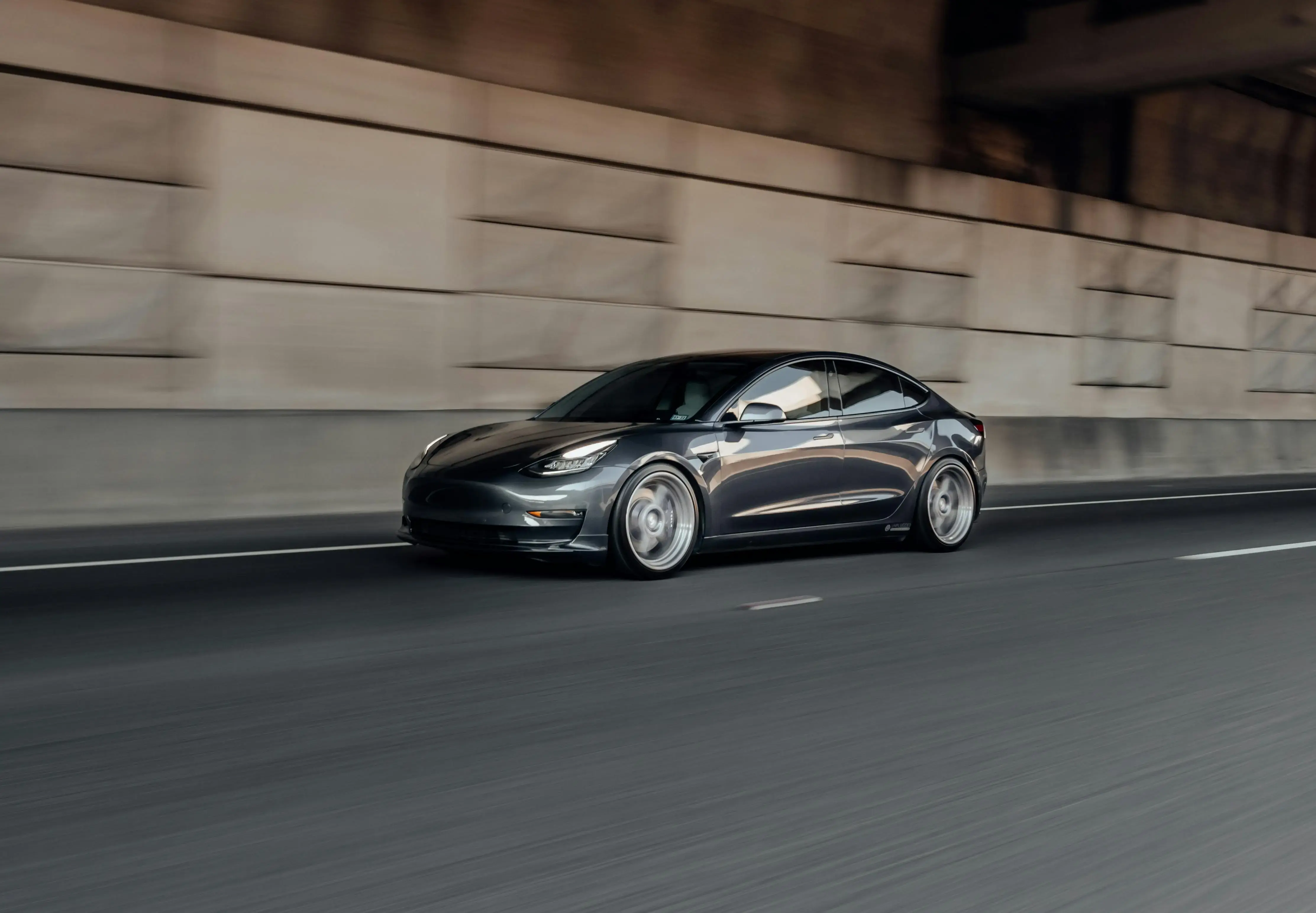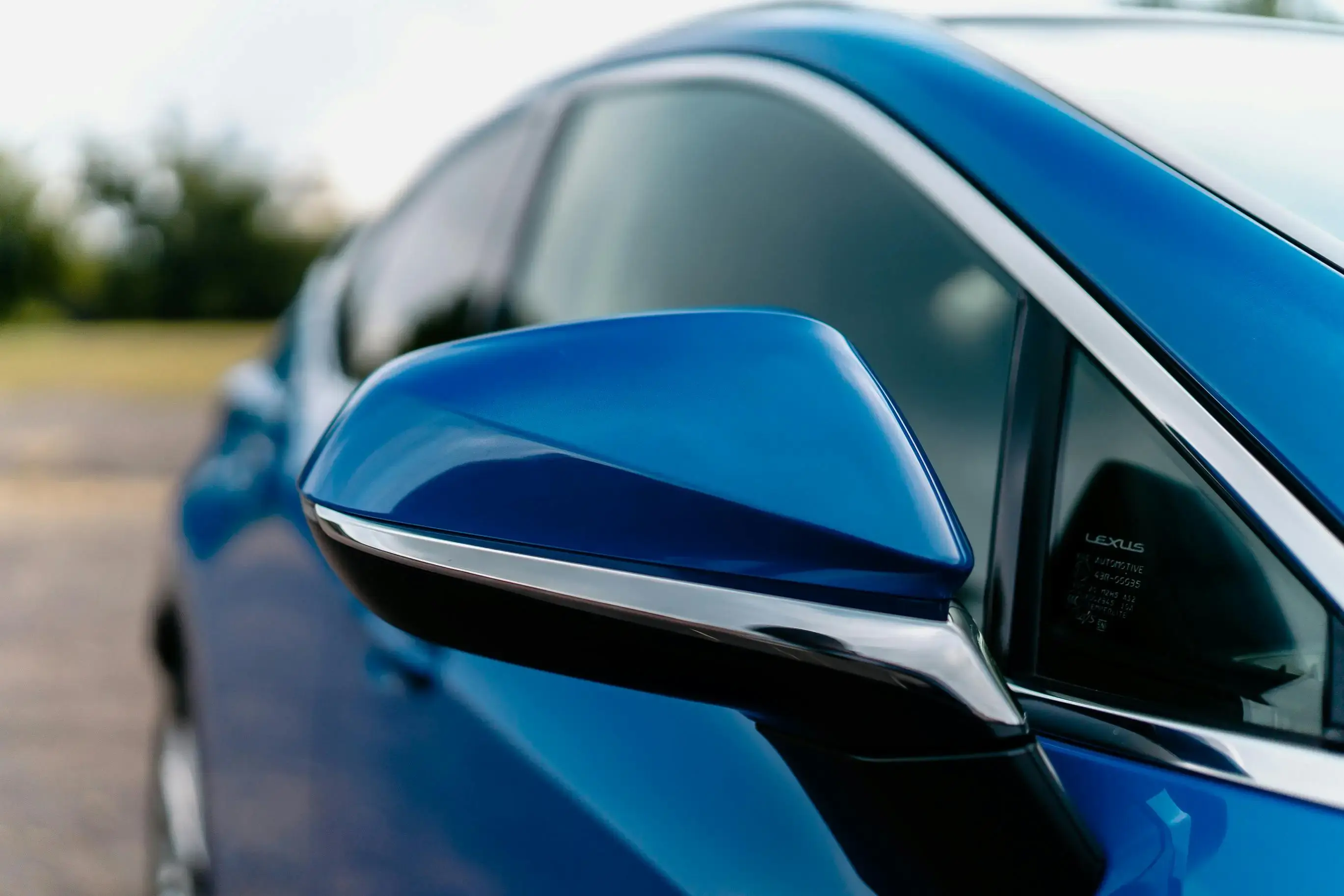Customs Restrictions When Shipping EVs To Norway
Norwegian customs maintains specific verification procedures and restrictions for battery electric passenger vehicle (BEPV) imports designed to ensure compliance with European technical standards, accurate tax assessment, and proper vehicle classification while supporting environmental objectives within established trade frameworks. Understanding these restrictions prevents shipment delays, ensures proper preparation, and facilitates smooth customs clearance for imported battery electric passenger vehicles through established Norwegian import channels.
These customs restrictions address dangerous goods transport compliance, vehicle classification verification, value assessment procedures, and technical standards enforcement that significantly impact the import process for electric vehicles from the United States.
Important Disclaimer: Customs regulations are subject to change. Always consult with Norwegian customs or a licensed broker for the most up-to-date import restrictions and requirements.
Dangerous Goods Transport Compliance and Battery Restrictions
Battery electric passenger vehicle imports must comply with international dangerous goods regulations due to lithium-ion battery systems, with verification primarily handled by shipping carriers and reviewed by port authorities before Norwegian customs clearance.
International Transport Requirements for EV Batteries
IMDG Code Compliance Requirements: EV batteries fall under UN3481 (lithium-ion batteries contained in equipment) requiring adherence to International Maritime Dangerous Goods Code provisions throughout ocean transport. Norwegian customs reviews dangerous goods documentation completeness rather than conducting technical verification, which is primarily the responsibility of certified shipping carriers.
Carrier Responsibility and Documentation: Professional shipping companies must handle comprehensive dangerous goods documentation including battery specifications, safety data sheets, UN 38.3 test summaries, and transport condition reports. Norwegian customs reviews these documents during clearance to ensure proper classification and handling throughout international transport.
Pre-Shipping Safety Assessment Requirements: Battery condition assessment and charge level management (typically 20-50% State of Charge) must be performed by qualified shipping professionals meeting international transport safety requirements, as detailed in official Norwegian Customs EV guidelines.
Port Authority Coordination: Port authorities and shipping companies manage dangerous goods handling procedures with Norwegian customs reviewing compliance documentation during clearance process. This includes verification of proper container sealing, handling records, and emergency response documentation.
Battery Safety Verification and Documentation
Lithium Battery Classification Verification: Norwegian customs requires confirmation that EV battery systems meet UN classification standards and transport safety requirements through proper dangerous goods declarations and technical documentation review.
Battery Condition Documentation: While not strictly mandatory for customs clearance, battery condition photographs and pre-shipment condition reports are strongly recommended by many shippers and insurers to avoid liability disputes or customs queries during the import process. These records help establish proper handling and transport conditions.
Charge Level Compliance: Verification of proper battery charge levels during transport through shipping company documentation and battery management system records ensuring compliance with dangerous goods transport requirements.
Emergency Response Documentation: While not strictly enforced by Norwegian customs during clearance, emergency response procedures and contact information for battery-related incidents are often requested during subsequent Vegvesen (Norwegian Public Roads Administration) technical inspection or by transport carriers as part of comprehensive safety compliance.
Vehicle Classification and Technical Standards Verification
Norwegian customs works with technical authorities to verify vehicle classification and ensure compliance with established European standards through comprehensive inspection procedures affecting tax assessment and import approval.
Vehicle Classification Restrictions and Requirements
Passenger vs. Commercial Classification Verification: Norwegian customs strictly verifies vehicle intended use and classification affecting applicable tax rates and import procedures. Battery electric passenger vehicles (BEPVs) receive different treatment than commercial vehicles, requiring accurate classification documentation and customs declaration.
Pure Electric Vehicle Verification: Confirmation of 100% battery electric operation without internal combustion engines or hybrid systems for duty exemption eligibility. Norwegian customs requires comprehensive technical specifications confirming drivetrain classification and energy source.
European Technical Standards Compliance: Vehicle compliance verification with established European technical standards through existing type approval documentation or individual technical inspection requirements. Norwegian customs coordinates with technical authorities to ensure proper compliance assessment.
Emissions Classification Confirmation: Verification of zero emissions status for tax benefit eligibility through manufacturer specifications and vehicle classification documentation. This classification significantly impacts total import costs and duty assessment.
Technical Inspection Requirements and Restrictions
Mandatory Individual Assessment: Imported battery electric passenger vehicles undergo mandatory technical inspection focusing on European standard compliance rather than exotic technical specifications. Norwegian customs coordinates this process with technical authorities for comprehensive safety and environmental compliance verification.
Safety Standard Verification Requirements: Technical inspection covers standard automotive safety requirements including braking systems, lighting compliance, electrical safety systems, and structural integrity within established European testing frameworks applicable in Norwegian regulations.
Documentation Review and Verification: Technical authorities review manufacturer documentation and existing certifications supporting compliance with Norwegian requirements within European standards framework. Insufficient documentation can result in import delays or additional inspection requirements.
Registration Preparation and Approval: Technical inspection prepares vehicles for Norwegian registration by verifying compliance with applicable standards and safety requirements. Non-compliance can result in import rejection or required modifications for approval.
Value Assessment and Anti-Circumvention Measures
Norwegian customs maintains comprehensive value assessment procedures ensuring accurate tax calculation and preventing duty avoidance through undervaluation, misrepresentation, or classification manipulation.
Customs Valuation Verification and Restrictions
Market Value Comparison and Verification: Norwegian customs compares declared values against available market data for similar vehicles ensuring reasonable valuation for tax calculation purposes. Significant undervaluation triggers detailed review and potential reassessment with penalties.
Transaction Documentation Review Requirements: Comprehensive examination of purchase documentation, financing agreements, payment records, and supporting evidence to verify actual transaction values and prevent customs fraud or avoidance schemes.
Modification and Enhancement Assessment: Evaluation of vehicle modifications, upgrades, aftermarket enhancements, or customization that could affect total customs value for tax calculation purposes. Undeclared modifications can result in penalties and additional duties.
Currency Conversion Accuracy Verification: Verification of currency conversion rates and calculation methods ensuring accurate Norwegian Kroner valuations for VAT threshold determinations under the NOK 500,000 exemption system.
Professional Compliance and Anti-Fraud Measures
Import History and Pattern Analysis: Norwegian customs reviews importer history, previous import patterns, and transaction relationships to identify potential fraud, avoidance schemes, or systematic undervaluation attempts.
Independent Valuation Requirements: While relatively rare, complex valuations or cases where fraud is suspected may require independent appraisal, expert assessment, or third-party verification to establish accurate customs value, particularly for high-value vehicles or suspicious transaction patterns.
Penalty Structure for Non-Compliance: Norwegian customs maintains penalty structure for valuation fraud, documentation misrepresentation, or classification violations. The extent of penalties varies significantly depending on intent (deliberate fraud vs. honest errors), importer history, cooperation level, and the magnitude of undervaluation or misclassification.
Professional Importer Verification: Customs verifies professional import services and customs brokers maintain appropriate licensing, certification, and compliance history for handling Norwegian EV imports.
Seasonal and Operational Import Restrictions
Norwegian customs operations face seasonal variations and operational constraints that affect import processing times, inspection availability, and clearance procedures for battery electric passenger vehicles.
Peak Season Processing Restrictions
Extended Processing Times During Peak Periods: Summer months and pre-holiday periods experience significantly extended customs processing times due to higher import volumes, reduced staffing, and increased inspection requirements for battery electric passenger vehicles.
Enhanced Documentation Requirements: Peak seasons involve more thorough documentation review and verification procedures due to processing backlogs and increased scrutiny of individual imports, requiring complete and accurate submission.
Limited Inspection Capacity: Technical inspection appointments become severely limited during peak seasons, with advance scheduling required and potential delays affecting customs clearance and vehicle release.
Expedited Handling Limitations: Courier-expedited handling services, which provide faster processing through specialized logistics providers rather than official customs priority classifications, may be limited or unavailable during peak seasonal periods when facilities reach capacity constraints.
Winter Weather and Operational Considerations
Port Infrastructure Capabilities: Major Norwegian ports including Oslo, Drammen, and Bergen maintain comprehensive winter equipment and infrastructure for consistent year-round operations. However, smaller regional ports may experience weather-related delays affecting cargo handling and customs inspection schedules.
Reduced Operating Hours: Winter conditions may result in reduced customs operating hours at smaller facilities, limited inspection availability, and extended processing times for battery electric passenger vehicle imports, though major ports typically maintain standard schedules.
Specialized Equipment Requirements: Cold weather conditions require specialized handling equipment for battery electric vehicles, including climate-controlled storage and specialized testing equipment for electrical systems during technical inspection procedures.
Transportation and Delivery Logistics: Winter weather affects inland transportation from ports to final destinations, requiring advance planning, specialized winter equipment, and experienced drivers for safe vehicle delivery to Norwegian destinations.
Compliance Support and Professional Services
Our Norway shipping services provide expert guidance navigating customs restrictions while ensuring full compliance with Norwegian import regulations and European technical standards.
Comprehensive Compliance Management
Regulatory Expertise and Guidance: Professional understanding of Norwegian customs procedures, technical requirements, and current restriction policies for successful battery electric passenger vehicle imports under evolving 2025-2026 regulations.
Documentation Preparation and Review: Expert preparation and verification of all required documentation including customs declarations, dangerous goods paperwork, technical specifications, and tax calculation support ensuring accuracy and compliance.
Classification Guidance and Support: Professional assistance with accurate vehicle classification determination affecting applicable tax rates, restriction compliance, and ensuring proper passenger vs. commercial vehicle designation.
Technical Standards Compliance: Comprehensive guidance on European technical standard compliance and Norwegian registration requirements facilitating successful import completion and regulatory approval.
Customs Coordination and Advocacy
Direct Customs Communication: Experienced customs brokers maintain direct communication channels with Norwegian customs authorities facilitating efficient processing and rapid resolution of compliance questions or issues.
Inspection Scheduling and Coordination: Professional coordination of technical inspection appointments, documentation preparation, and facility requirements ensuring efficient processing and minimal delays.
Dispute Resolution and Appeals: Expert representation in customs disputes, value disagreements, or classification challenges ensuring fair treatment and appropriate resolution of import complications.
Ongoing Regulatory Monitoring: Continuous monitoring of Norwegian customs regulation changes, restriction updates, and policy developments affecting battery electric passenger vehicle imports.
For comprehensive information about Norwegian EV import procedures including tax structures, documentation requirements, and technical inspection processes, explore our detailed Norway EV import guide.
Navigate Norwegian EV Customs Restrictions Successfully Today
Contact our Norwegian customs specialists today to discuss your specific battery electric passenger vehicle import requirements and receive comprehensive guidance on restriction compliance, customs procedures, and regulatory requirements. Our experienced team provides detailed assessment and professional support ensuring successful completion of your Norwegian electric vehicle import under current customs regulations.
You May Also Like
These Related Stories

What Paperwork Do You Need To Import An EV To Norway?

Taxes & Duties When Importing An Electric Vehicle To Norway In 2025

-093789-edited.png?width=220&height=79&name=wcs_final_logo_(1)-093789-edited.png)
